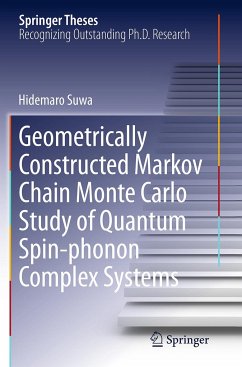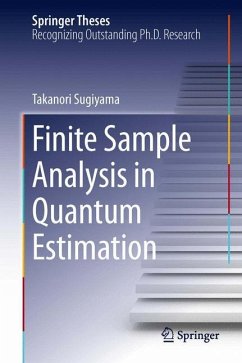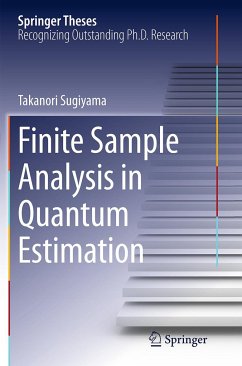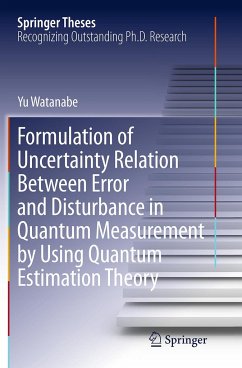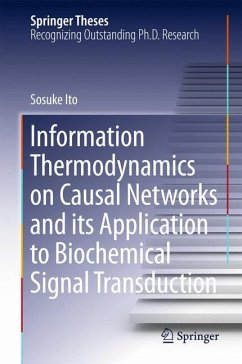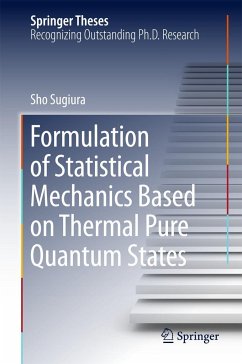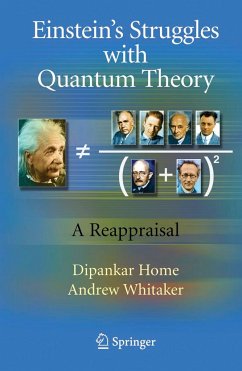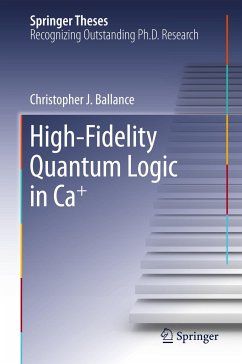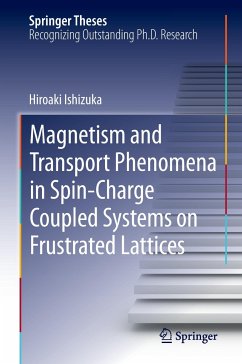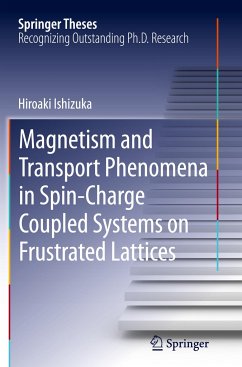
Geometrically Constructed Markov Chain Monte Carlo Study of Quantum Spin-phonon Complex Systems
Versandkostenfrei!
Versandfertig in 6-10 Tagen
38,99 €
inkl. MwSt.
Weitere Ausgaben:

PAYBACK Punkte
19 °P sammeln!
In this thesis, novel Monte Carlo methods for precisely calculating the critical phenomena of the effectively frustrated quantum spin system are developed and applied to the critical phenomena of the spin-Peierls systems. Three significant methods are introduced for the first time: a new optimization algorithm of the Markov chain transition kernel based on the geometric weight-allocation approach, the extension of the worm (directed-loop) algorithm to nonconserved particles, and the combination with the level spectroscopy. Utilizing these methods, the phase diagram of the one-dimensional XXZ s...
In this thesis, novel Monte Carlo methods for precisely calculating the critical phenomena of the effectively frustrated quantum spin system are developed and applied to the critical phenomena of the spin-Peierls systems. Three significant methods are introduced for the first time: a new optimization algorithm of the Markov chain transition kernel based on the geometric weight-allocation approach, the extension of the worm (directed-loop) algorithm to nonconserved particles, and the combination with the level spectroscopy. Utilizing these methods, the phase diagram of the one-dimensional XXZ spin-Peierls system is elucidated. Furthermore, the multi-chain and two-dimensional spin-Peierls systems with interchain lattice interaction are investigated. The unbiased simulation shows that the interesting quantum phase transition between the 1D-like liquid phase and the macroscopically-degenerated dimer phase occurs on the fully-frustrated parameter line that separates the doubly-degenerated dimer phases in the two-dimensional phase diagram. The spin-phonon interaction in the spin-Peierls system introduces the spin frustration, which usually hinders the quantum Monte Carlo analysis, owing to the notorious negative sign problem. In this thesis, the author has succeeded in precisely calculating the critical phenomena of the effectively frustrated quantum spin system by means of the quantum Monte Carlo method without the negative sign.





